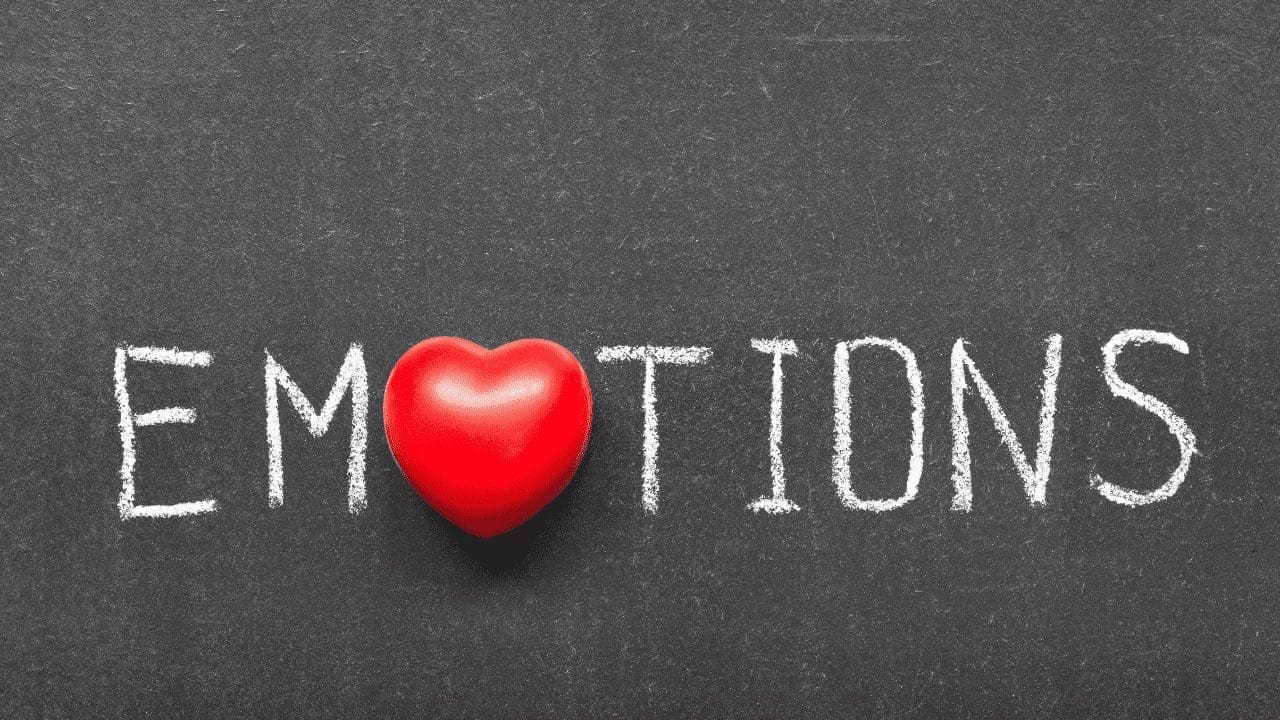The Power of Primary Emotions in Emotional Intelligence
What are Primary Emotions?
Emotions play a significant role in guiding our thoughts and behaviors. However, most of us don’t realize how much they drive our lives. Exploring our primary emotions is valuable for anyone looking to develop themselves, build healthy relationships, and pursue what they want in life. Recent research even suggests that Emotional Intelligence is more critical than IQ, predicting over 54% of the variation in Success in relationships, health, and Quality Of Life.
Primary emotions are our first emotional reactions to a situation.
They offer us clues into who we are and how we’ve been affected by our history and help us to cultivate self-awareness. Primary emotions give us a glimpse into our needs and desires. They are often followed by more defended secondary emotions, which may mask our immediate feelings. These secondary feelings may be triggered by the present but rooted in our past.
For example, feeling angry when our partner doesn’t show up for us may be covering up feelings of hurt, unwanted, or ashamed. When we allow ourselves to get in touch with our primary emotions, we can express them to our partner, leading to a more positive reaction.
Primary emotions are less rapid and less action-oriented than secondary emotions.
They are poignant, complete, and more likely to wash over a person slowly. They can be either Adaptive reactions to the moment or maladaptive responses based on schemas from our past. Current events may spark maladaptive primary emotions. Still, these emotions are intrinsically tied to how we feel early. Recognizing primary emotions can lead to better self-awareness, healthier relationships, and increased success in life.
Primary emotions are our first emotional reactions to a situation.
Living in mindful harmony with our feelings, not attempting to control them, is critical to emotional intelligence. Understanding our Emotional Reactions and distinguishing between these emotions is essential. When we allow ourselves to feel our immediate emotions, we often experience relief. We feel more in touch with ourselves, leading to healthier relationships and increased success in life.
Self-Awareness
Self-awareness is a critical aspect of emotional intelligence, and it involves the ability to recognize and understand our own emotions, thoughts, and behaviors. When we are self-aware, we can recognize our own strengths and weaknesses, understand how we are perceived by others, and identify areas for personal growth. Developing self-awareness involves reflection, introspection, and feedback from others. By becoming more self-aware, we can better manage our emotions and reactions, make more informed decisions, and improve our relationships with others. So, take the time to reflect on your emotions, thoughts, and behaviors, and seek feedback from those around you. Developing self-awareness is a valuable step towards improving your emotional intelligence and achieving personal growth.
Conclusion
Living in mindful harmony with our feelings, not attempting to control them, is critical to emotional intelligence. Understanding our emotional reactions and distinguishing between primary and secondary emotions is essential. When we allow ourselves to feel our immediate emotions, we often experience relief. We feel more in touch with ourselves, leading to healthier relationships and increased success in life.
#Primary Emotions #Emotional Intelligence #Self Awareness #Success #Relationships #Quality Of Life #Adaptive Reactions #Maladaptive Responses #Mindfulness #Personal Growth






